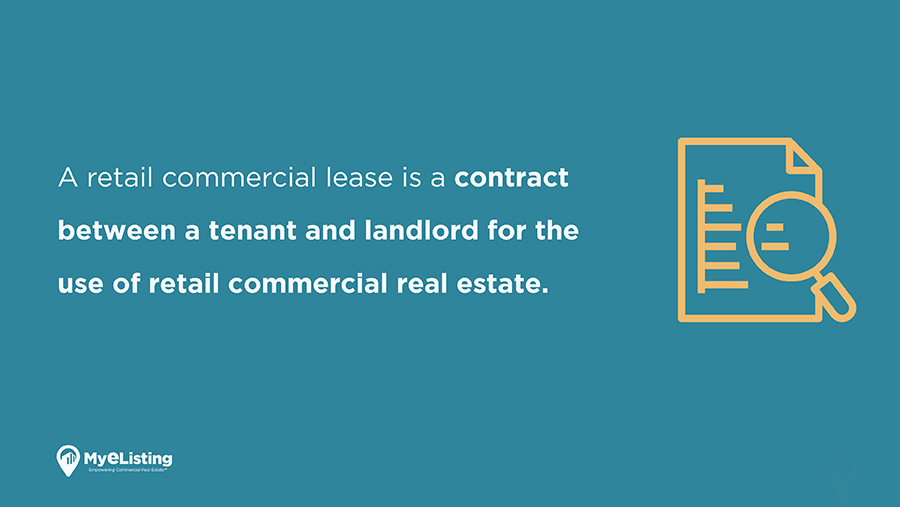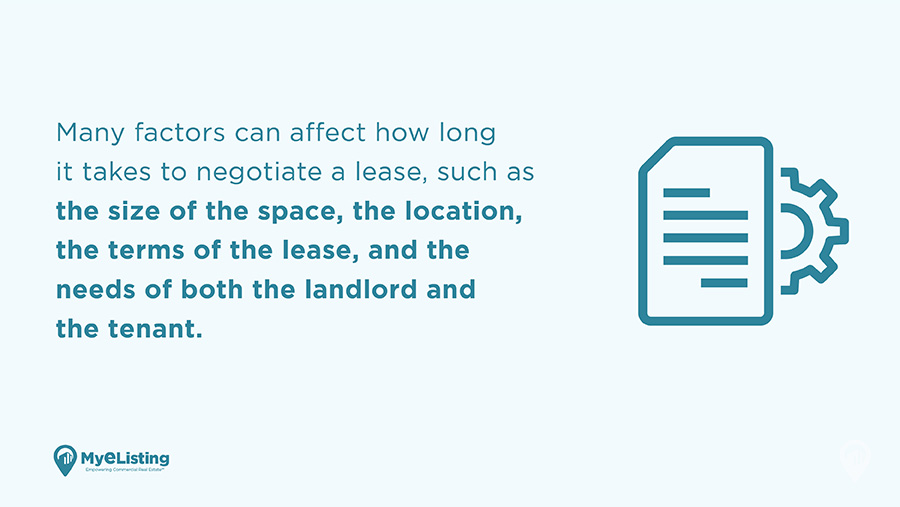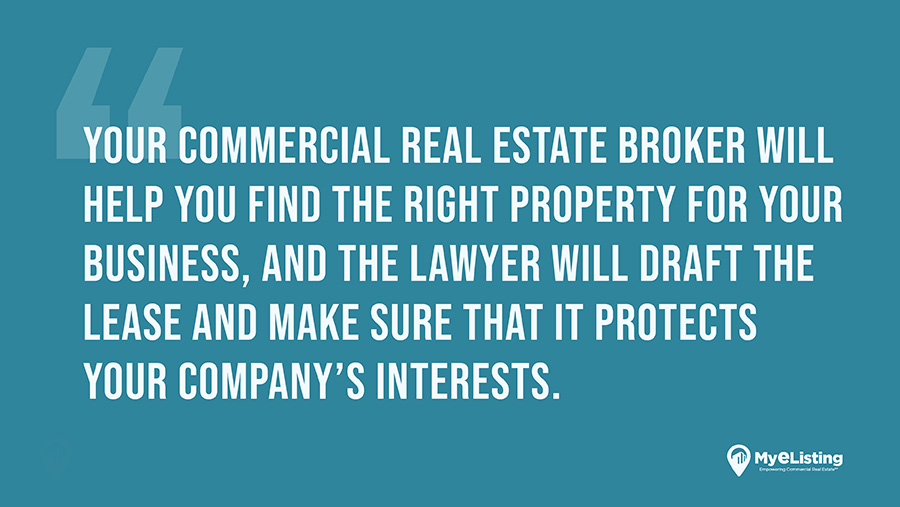Everything You Need to Know About Retail Commercial Leases

Specializes in providing actionable insights into the commercial real estate space for investors, brokers, lessors, and lessees. He covers quarterly market data reports, investment strategies, how-to guides, and top-down perspectives on market movements.

You probably already know that leasing commercial space is an essential part of starting and growing your business. What may not be so obvious are the details involved in leasing space. A commercial lease is a legal agreement between you and the property owner, outlining the rights and responsibilities of both parties.
Learning about commercial leases now will help you avoid costly mistakes later on. Understanding how these leases work will give you a head start in finding the right property for your business and negotiating terms that are fair for you as well as the landlord.
Read on to learn more.
What Is a Retail Commercial Lease?

A retail commercial lease is a contract between a tenant and landlord for the use of retail commercial real estate. The agreement typically covers the term of the lease, the property owner’s responsibilities, the tenant’s rights and obligations, any rent abatement or lease concessions, and other important details.
Commercial real estate brokers may be involved in negotiating the terms of the lease on behalf of the landlord or tenant.
How Do Retail Commercial Leases Work?
Commercial leases are agreements between landlords and tenants to rent office space, retail space, or another type of commercial space for a business. The type of commercial lease you have will determine how much rent you pay, who is responsible for utilities, and other factors.
There are three main types of commercial leases: gross leases, net leases, and percentage leases:
- Gross leases are the simplest type of commercial lease. With a gross lease, the tenant pays a base rent to the landlord, and the landlord is responsible for utilities and other expenses. This is a good option for small businesses that want to minimize their overhead costs.
- Net leases are more common in office spaces than retail spaces. With a net lease, the tenant pays rent plus a portion of the landlord’s expenses, such as utilities and insurance. This type of lease is often used for larger businesses that can afford to pay more in rent.
- Percentage leases are common in retail spaces. With this type of lease, the tenant pays rent plus a percentage of their sales. This can be a good option for businesses that are just starting out and don’t have a lot of revenue yet.
No matter what type of commercial lease you have, it’s important to read the fine print and understand all of the terms before you sign the lease.
Common Types of Net Leases
There are several types of retail commercial leases, which are typically distinguished by how much the tenant is responsible for paying in terms of rent, utilities, and other costs.
The most common type of commercial lease is the net lease, under which the tenant is responsible for paying all or a portion of the property taxes, insurance, and maintenance costs in addition to their monthly rent.
A triple-net lease (or NNN) is even more restrictive, requiring the tenant to pay for all three of these expenses, as well as any utilities. There may be some negotiation involved in determining which type of lease agreement is best for both parties, but ultimately it will depend on the type of commercial property and business being leased.
What Happens If There Is a Dispute About the Lease?
If there is a dispute between the tenant and landlord about the lease, it is important to try to resolve the issue amicably. If the parties are unable to reach an agreement, then they may need to consult with an attorney or mediator. In some cases, commercial leases will include a clause that requires disputes to be resolved through arbitration.
How Long Does It Take to Negotiate a Commercial Real Estate Lease?

It can take anywhere from a few weeks to a few months to negotiate a commercial real estate lease. This is because many factors need to be taken into account, such as the size of the space, the location, the terms of the lease, and the needs of both the landlord and the tenant.
A CRE Broker’s Job in Retail Commercial Leases
A commercial real estate broker can play an important role in negotiating a retail commercial lease. A broker can help the tenant understand the market rent for the space and negotiate with the landlord for a fair lease agreement.
The broker can also help the tenant understand the lease terms and make sure that the agreement is in the best interests of the tenant.
Have a Commercial Real Estate Lawyer Review Your Retail Commercial Lease
It’s important to have a commercial real estate lawyer review your retail commercial lease agreement before you sign it. They can help you understand the terms of the lease, negotiate for a better deal, and make sure that you’re getting a fair deal.
This will ensure that you understand all of the provisions and that the agreement is in your best interests. The type of lease you choose will determine how much you will pay in rent and what services are included. The lease term can also be negotiable, so be sure to discuss this with your lawyer before signing anything.
Take Your Time & Do Your Research

Once you have a few potential properties in mind, you will want to do some background research on each of them. You may be able to find information about a property’s history, such as if there have been any tenant issues, if the building has ever been in litigation, and if there were any code violations.
When it comes to renting commercial space, many details need to be considered before signing a lease. These documents tend to be lengthy and specific with regard to the rights and responsibilities of the tenant as well as the landlord.
Having a commercial real estate lawyer and a CRE broker on your team will help you navigate through this process smoothly. Your commercial real estate broker will help you find the right property for your business, and the lawyer will draft the lease and make sure that it protects your company’s interests.
List & Browse Commercial Real Estate for Free on MyEListing.com!
You can list and browse commercial real estate for free right here on MyEListing.com.
Simply sign up for a free account and get unlimited access to accurate local market intelligence, customized property type alerts, comp software, and more.
Article Search
Share
All Article Categories








